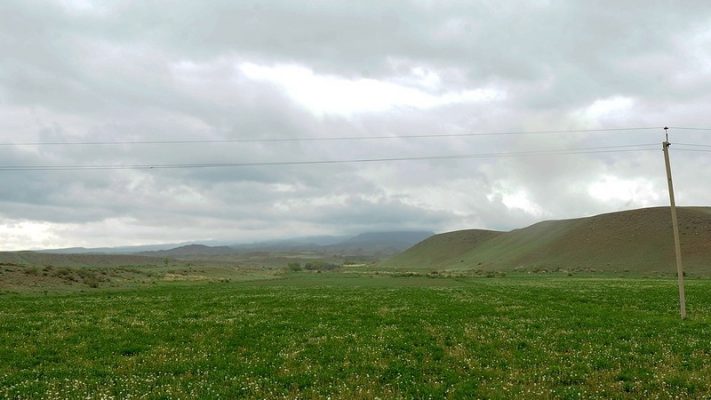Gilbert F. Houngbo, President of the International Fund for Agricultural Development (IFAD) will meet with government leaders in India this week to strengthen joint efforts to boost farmers’ incomes and build sustainable food systems, and review project activities that have already empowered more than one million rural women.
India has set an ambitious goal of doubling farmers’ incomes by 2022. In spite of India’s achievement of middle-income status, eradication of rural poverty remains a critical challenge. While achieving food sufficiency in production, rural communities face challenges in raising household incomes, improving nutrition, and tackling the effects of climate change.
“As one of the countries hardest hit by climate change, the partnership between India and IFAD and its shared work to build the resilience of rural communities has become increasingly important. IFAD maintains its commitment to India to support their efforts in fortifying smallholder food production to be economically, socially and environmentally viable,” Houngbo said.
There are currently seven IFAD-funded projects in India that support state governments’ efforts to increase farmer incomes, enhance their access to markets and financial services, and promote sustainable, climate resilient agricultural development that improves household nutrition.
While in India, Houngbo will meet with Nirmala Sitharaman, Minister of Finance, to strengthen IFAD’s partnership with the Government of India. He will also meet Narender Singh Tomar, Minister of Rural Development and Minister of Agriculture and Farmers Welfare; Giriraj Singh, Minister of Animal Husbandry, Dairy and Fisheries; and Rajeev Kumar, Vice Chairman of policy think tank Niti Ayog.
The IFAD delegation began the visit yesterday in Maharashtra where Houngbo met women who have developed and grown their agricultural businesses through the IFAD-funded Tejaswini Rural Women’s Empowerment Programme. Although formally completed in 2018, the programme implemented by the Maharashtra Women Development Corporation (MAVIM) continues to support women’s development by strengthening self-help groups and providing access to financial services, agricultural technical training, literacy training and business planning and development. The programme has, to date, socially and economically empowered more than one million rural women and succeeded in supporting self-help groups to mobilize an additional US$300 million in financing through Community Managed Resource Centres.
Since 1979, IFAD has directly invested $1.28 billion in 30 rural development projects in India, benefitting an estimated 5.2 million households.








